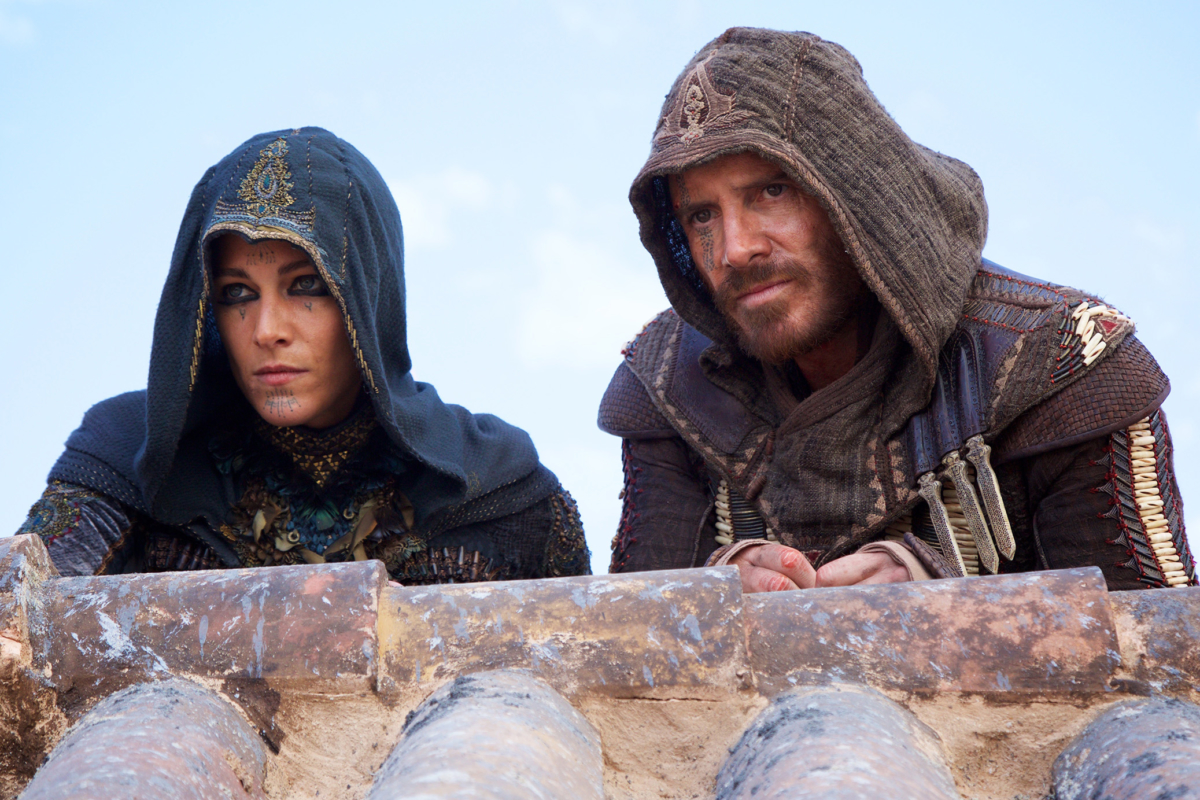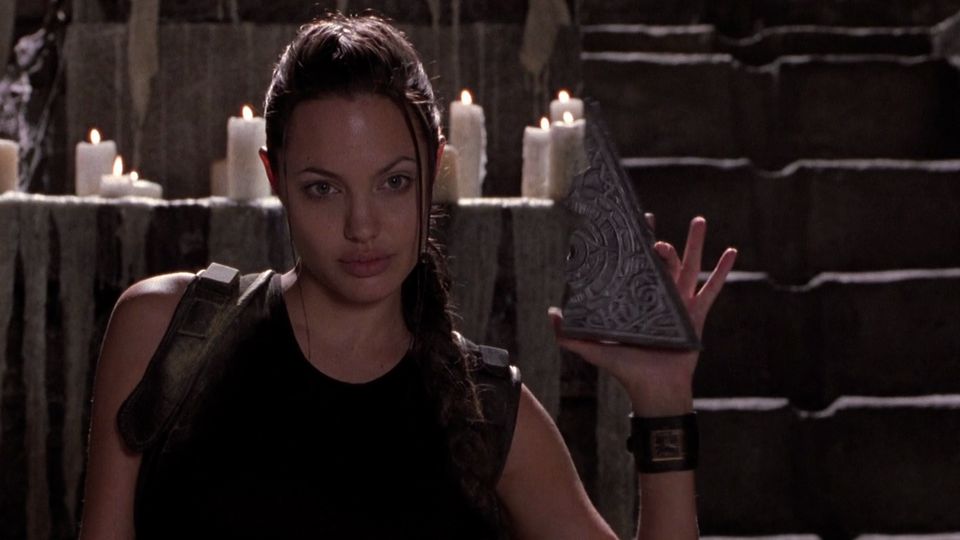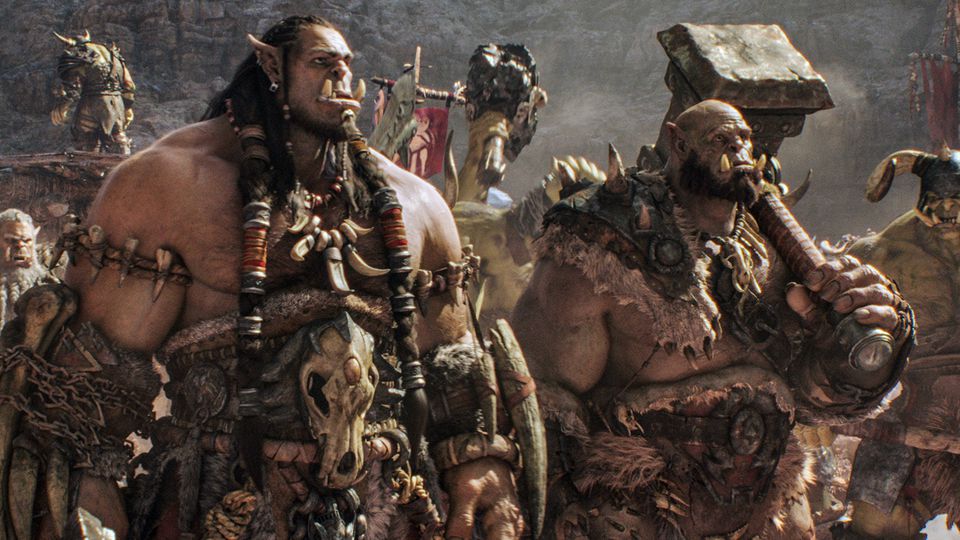With Justin Kurzel’s Assassin’s Creed being released later this year, we examine the terrible record of the video game film, and ask the question – can Assassin’s Creed really break the curse?

Video games have had a turgid relationship with cinema in the past, a range of financial and critical flops seemingly damning the entire genre. Justin Kurzel’s screen adaptation of the highly successful Assassin’s Creed video game series aims to change this trend, with a cast of award-winning actors including Michael Fassbender and Marion Cotillard in what looks to be a sleek, high-budget production. The series, that follows the conflict between two factions: the Templars and the Assassins that spans historical periods such as the Renaissance and the American Revolution, has inspired the film to take an approach not touched upon in the video games with a completely different set of characters and locations: this time being the Spanish Inquisition.
On a pure visual standpoint, the film looks stunning and with so much talent connected, there is high hope for the film. However, we’ve been let down before and with its video game roots, this may hinder its success, as proven by the history of video game adaptations in cinema. It is, after all, rather telling, that no major video game movie has ever received a score higher than 44% on movie review website, Rotten Tomatoes.
Rocky Morton and Annabel Jankel’s Super Mario Bros. is considered one of the first major video game movies, and ironically, one of the worst, despite starring iconic film actor Bob Hoskins in the lead role. With a lack of faithfulness to the source material, a convoluted plot, and abysmal character design, these were only some of the numerous problems with bringing the Nintendo characters to the screen.
Films such as Double Dragon, Street Fighter and Mortal Kombat followed suit, all based on successful fighting video games and all critically panned. Mortal Kombat, particularly, was derided for its stilted dialogue and lack of a cohesive plot. Despite this, Mortal Kombat went on to make according to Box Office Mojo, $122 million worldwide; guaranteeing a sequel and a future reboot.

Lara Croft: Tomb Raider was the first real attempt to make a massive film blockbuster based on video game franchise, but again suffered from an incoherent plot and poor performances. The adaptation largely capitalised on the popularity of the action adventure genre, the success of the Tomb Raider franchise and the growing fame of sex icon Angelina Jolie in the lead role.
This lack of a strong script, over-the-top performances and unfaithfulness to the source material then became a recurring curse of video game adaptations, continuing with the failure of the Resident Evil (2002), Silent Hill (2006), Max Payne (2008) and more recently, Ratchet and Clank (2016) and Warcraft (2016).
Based on the PlayStation action adventure series of the same name, Ratchet & Clank starred several influential actors including Sylvester Stallone, Rosario Dawson and John Goodman. An odd-couple buddy cop movie set in space, it had all the tools to succeed, but was hampered by a dull, recycled plot. Despite its comparatively low $20 million budget, the movie still lost $7 million due to its poor reception. Following closely on from Ratchet & Clank, Warcraft, directed by respected filmmaker Duncan Jones responsible for the strong science fiction films Moon and Source Code, continuing the trend of disappointing video game films. Despite grossing $433 million worldwide, it received largely negative reviews. Warcraft however has received generally more positive reception from its core video game playing audience, but left the general audience confused and bored with its bland plot and convoluted lore.

Looking at the future, film adaptations of popular franchises Sly Cooper and Uncharted are apparently in the works with a reboot of the Tomb Raider series planned. Even indie games such as Firewatch, are planned to make a transition to the screen.
On the basis of this, it seems Hollywood is attempting to find a new formula for financial success, but can it possibly find critical appraisal? Will there come a time where video game films will not be immediately regarded as cinematic garbage? The upcoming Assassin’s Creed is hoping to be that first step in this direction and salvage the video game movie genre. In order to do this, they must avoid the common pitfalls of past adaptations and learn to not only please fans of the franchise, but be able to effectively adapt to the screen and engage the general film audiences. Whether the curse of the video game movie can be broken is yet to be seen.
Which video game adaptation excites you the most? Tell us about it below.







